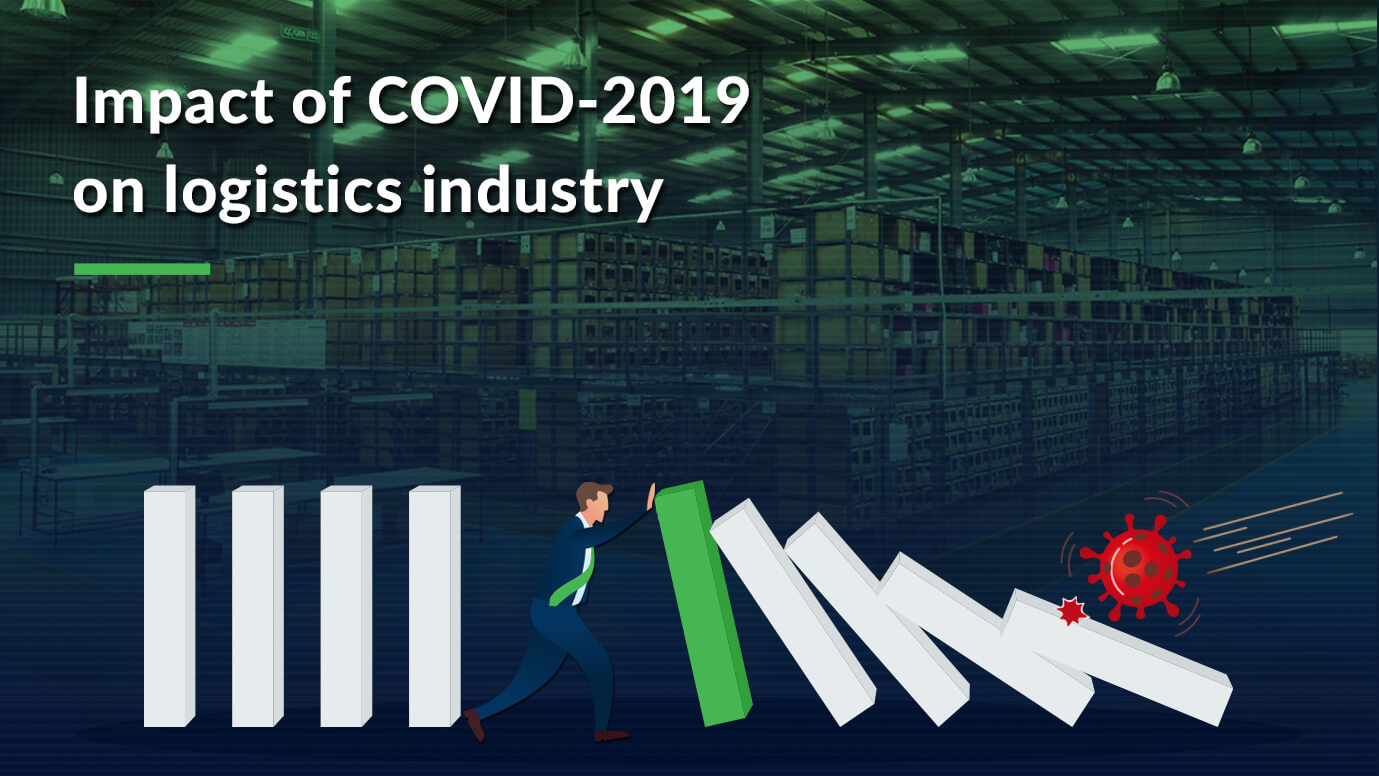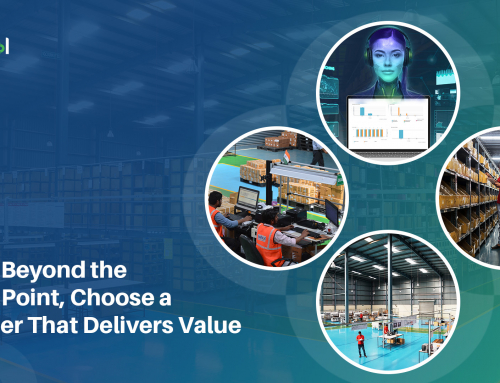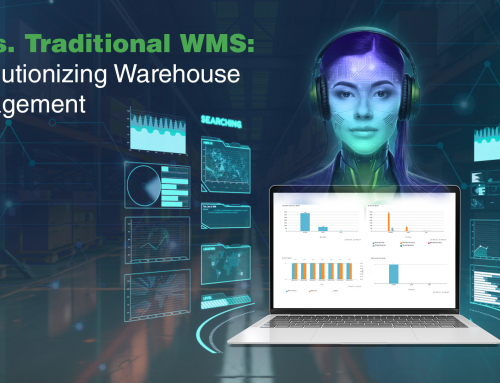The Indian logistics industry is highly fragmented and unorganised. However, the prevailing situation has left the logistics industry in disarray because of the nationwide lockdown on account of COVID-2019.
As a logistics solution provider, we are conditioned to be innovative and flexible in a face of frequent and continuous operational disruptions we face on day-to-day such as changing policies, closures, congestions, and weather-related interruptions. However, nothing prepares you for a high impact and low probability situations such as the current outbreak of COVID-2019.
The prevailing lockdown has placed severe operational constraints on logistics operations such as the availability of manpower, transportation, warehouse operations including aligning business with the changing guidelines based on the evolving situation from the prevailing crisis.
Continuing operation in such a scenario is a moral obligation for a business like ours. As a logistics solution provider, we continue to play our role in finding solutions for the customers in keeping their supply chain running and delivering the essential goods.
Let us analyse how lockdown and COVID-2019 have affected the logistics industry by focussing on the key components that drive the Indian logistics industry.
Manpower
Challenges: The logistics industry in India is heavily dependent on manpower be it; skilled, semi-skilled, or unskilled. The industry has not graduated to automation as human resources work out to be cost-effective & flexible. As the majority of the people migrate from different states for work however due to lockdown the migrant workforce ends up returning to their home place due to uncertainty of livelihood, to be closer to the family, and to avail the benefits of GoI schemes which are available at the native place primarily. The resources who are available are finding it challenging to reach the workplace due to restrictions imposed by the villagers or surrounding societies. The shortage of manpower has not only slowed down the operational activities, but it has also led to an increase in the cost of the wages.
Recommendation: Industry should come together in resolving the challenges be it arranging e-pass for work, engaging with people in managing their concern, including their movement, availability of PPEs for safe operations & continuous education of the co-workers on the COVID19 safety guidelines to protect themselves and others. Along with this industry & customers should extend their support by keeping an open mind in absorbing the additional cost to keep their supply chain up and running.
Transportation
Challenges: The second major component of the industry is transportation which is highly unorganised in the country. Due to slowdown in demand, the loads have reduced, consuming hubs are not having enough return loads, an increase of crime-related incidents, inability to cover the operational expense including fuel cost. Limited restaurant available for halt and cost of food has gone up too. This has contributed to the increasing cost & uncertainty in the transportation sector.
Recommendations: This calls for transporter & 3PL fraternity to collaborate and try demand-supply matching as much as possible. Better loadability and return loads will enable better pricing and earning, creating a win-win situation for all. Another critical factor is the cost of fuel, in this scenario oil companies should come forward and extend credits so that cash crunch can be taken care of.
Warehousing
Challenges: The warehouse capacities are either choked or completely empty. The empty ones are not getting refilled as there is a challenge in completing the agreement or other basic formalities. The insurance companies are not ready to insure new sites, landlords not keen to rent out the warehouse as customers asking for rent reduction or waiver. Shortage of manpower & guideline to operate at 30% capacity has disrupted the operational activities and it is taking longer to fulfil the orders for even essential goods.
Recommendations: Several states have extended the working hours from 8 to 12 hours and at present this is available for the manufacturing plants, similar options should be extended to logistics industry to enable them to keep the operations going and meet the requirement of the end customers. Apart from this we feel industry should reflect an openness to collaborate to support each other during these unprecedented times.
Visibility in logistics
Challenges: In the wake of prevailing situation of lockdown and halt in the movement of trucks, businesses were struggling to take a stock of their inventory and inability to assess the potential damage on account of loss of inventory. Apart from this they are also feeling the challenge in having end-to-end stock visibility to plan their business continuity.
Recommendations: During this time and post recovery from COVID19 everyone would like to have a complete eye not only on orders but how the consumer demand will evolve. Obtaining the high level of visibility in supply chain logistics will play a key role in improving the efficiency and becoming nimble to be responsive to the changing scenario. This is the time businesses should re-assess their digitization strategy to mitigate the impact of situations like COVID19.
Working Capital
Challenges: COVID19 has severely affected the cash flow, the working capital of the companies has been shrinking because of the slow-down in the payments or deferment in payment of the older invoices. It is a double whammy for logistics companies as the industry is simultaneously experiencing an increase in the cost of operations due to the rise in manpower costs and additional expenses towards the implementation of the safety guidelines.
Recommendations: What we are doing and recommend is engaging with the customers daily. Working with them closely on identifying the appropriate solutions such as breaking down the payment schedules. Also, it is time to transform the way logistics sector has been looked upon by the customers, it should be more strategic. Time like this calls for logistics companies and customers to support each other by being more empathetic. Along with this logistics industry should come together to influence the authorities in taking the measures (financial & operational) to support the industry.
The prevailing situation of lockdown due to COVID-2019 has led India’s logistics sector into chaos. The industry is struggling to sustain as the revenue streams have significantly reduced and operational bottlenecks keep bringing a new set of challenges every day. Time like this has taken the business back to 3 years. For the industry to recover it will require out of the box approach including collaboration within the industry and support of customers and government to sustain.
For more information contact us at- [email protected]









